ICT Regulation - Policy and Practice
Intenational training programme. A capacity building effort between SPIDER and PTS (the Swedish Post and Telecom authority) Thematic blocksInformation folderCapacity building and training activities serves to capacitate the participants to be agents for change within their organizations by implementing change initiatives. For each round of the programme 25 participants will take part. There will be two programme rounds per year.
Participants
The participants belong to government authorities involved in telecom regulation. The primary target group for the training is managers and heads of departments or similar positions in regulatory authorities and Ministry of ICTs or other Ministry responsible for ICT regulation. A secondary target group includes member of parliamentary committees and managers at government agencies concerned with ICT regulation, as well as managers from the secretariat of regional regulatory organizations.
Change initiatives
The main aim of the training programme is to align with strategic directions of participating organisations and country policies with a long-term objective that the population will have access to good quality and secure telephony and broadband services and communications in a consumer-oriented market with a high degree of self-regulating competition.
Change initiatives need to be well established in the participating organisations and have the full support of the immediate superiors of programme participants. They can span over several programme rounds and could grow to include other organisations, countries or even regions in later programme rounds.
Programme Phases
Phase 1
Programme Preparation
Phase 2
TRaining in Sweden
Phase 3
Start Change inititiatives
Phase 4
Regional follow up
Phase 5
Implement initiatives
Phase 6
Conclusion & evaluation
Thematic blocks
The programme has six thematic blocks and cover a wide selection of topics relevant to regulatory work. These can be tailored to suit the needs of the participants in each programme round.
Institutional & legal framework
- The Swedish setup: pros and cons
- Regional collaboration – regulatory collaborations in Europe
- Models of governance and organisational issues, working towards a transparent organisation
- National broadband strategy: financing, development and implementation
- Broadband: demand creation – how to promote demand instead of supply
- Monitoring, compliance and enforcement
Competition regulation
- Theoretical foundations of competition regulation in the telecom sector.
- Methods to analyse market and market dominance
- Regulatory obligations: access , price and non-discrimination
- Infrastructure sharing: principles and cost model
- Regulatory impact assessment
- Regulatory aspects of roaming and interconnection
- Regulatory aspects of net neutrality
Consumer protection & transparency
- Models for financing, development and implementation of a national broadband strategy
- Enabling investmants in broadband and how to approach rural challenges
- Ensuring access to good telephony and broadband for all
- Compliance rules and regulation for customer protection and how to enforce them
- Support broadband deployment and financing in rural areas
- Procurement of services for people with disabilities
- Collaboration between regulator, consumer agency and private interest groups. Pros and cons of the Swedish model
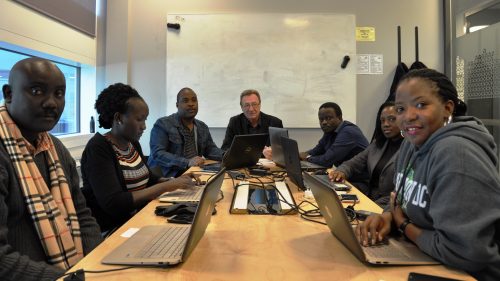
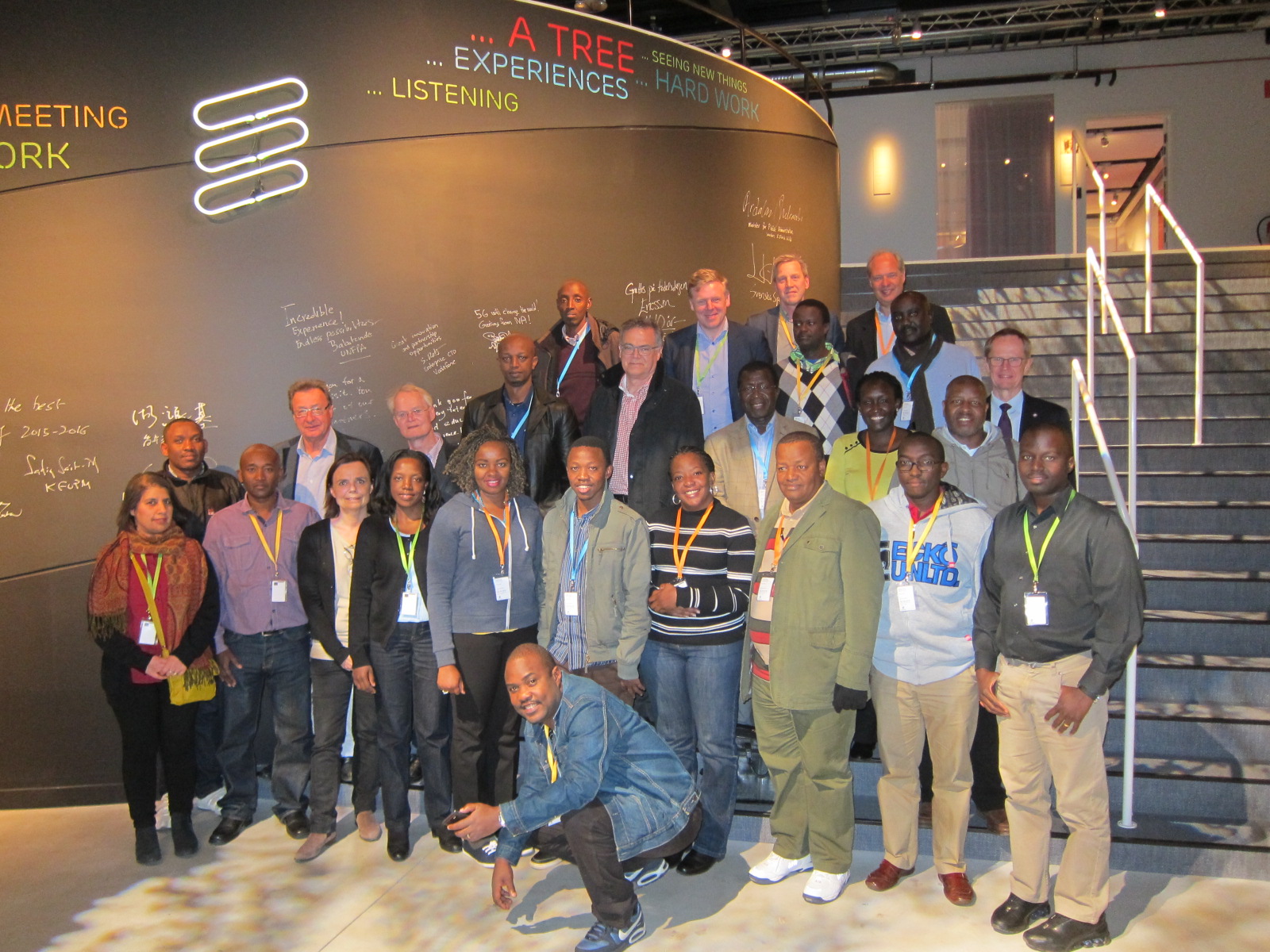
Spectrum management
- Efficient management of limited resources
- Development of a spectrum strategy
- How to enable digital migration
- Licensing: new spectrum and licence renewal
- Network and spectrum sharing, TV white spaces and public Wi-Fi networks
- Auctions and alternative methods for efficient allocation of spectrum.
- Coverage obligations as a tool to increase coverage in rural areas
Future regulatory issues
- regulation of online and OTT services
- Evolution of the telecom ecosystem with implications on business models and potential new structures.
Pilot programme
ICT regulators from three East African countries participated in the pilot round of the programme in 2016.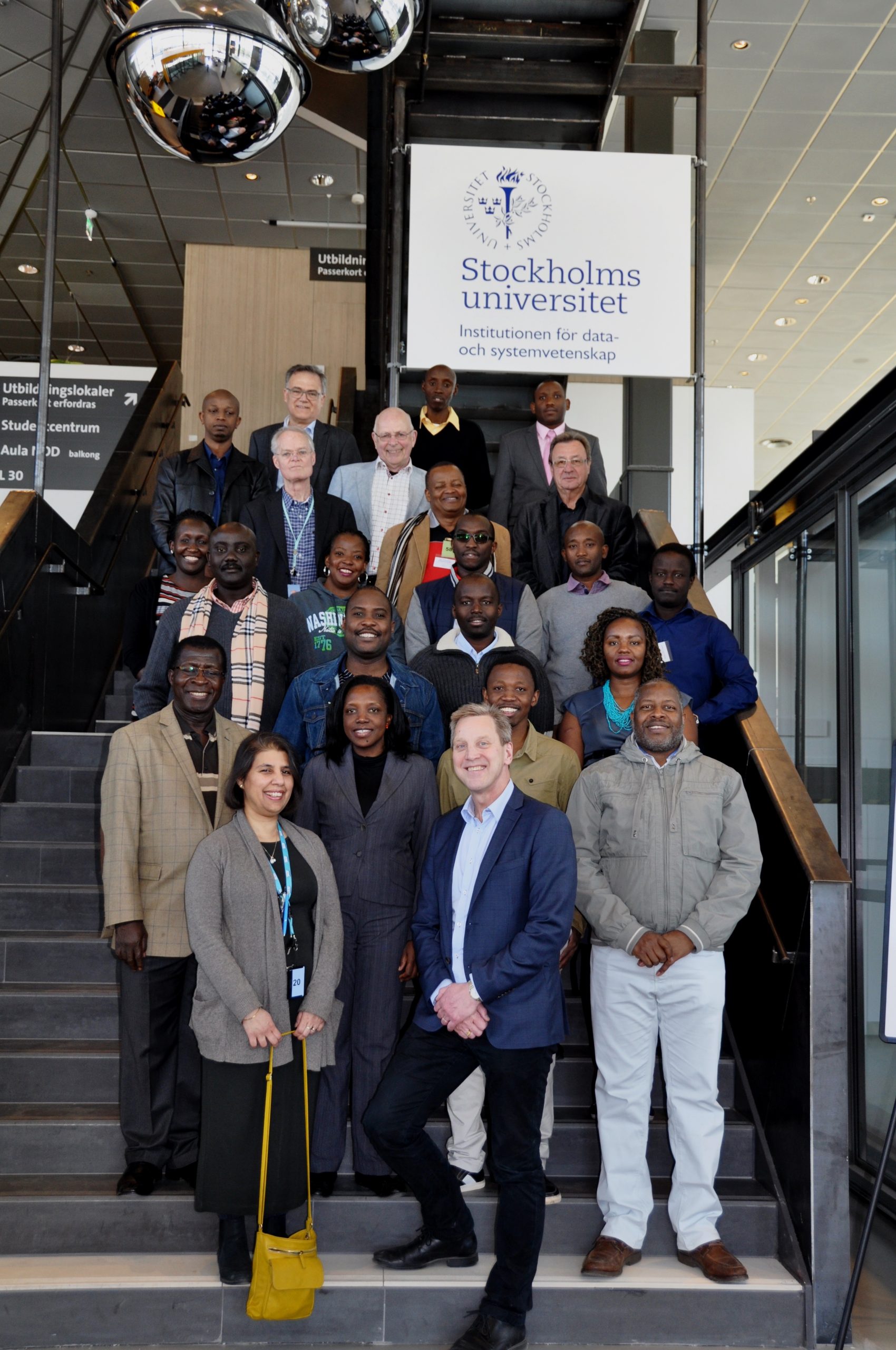
Sweden phase
Participants in the pilot programme spent two weeks in Stockholm for training, study visits and coaching.
Lectures were held by experts on different aspects of regulatory matters, and project management. Coaching sessions gave participants the opportunity to work on their change initiative to perfect planning, management and implementation of it.
Study visits
In addition to theoretical work, study visits to Stokab and Ericsson studios gave a practical aspect to the programme, and provided knowledge from their sectors.
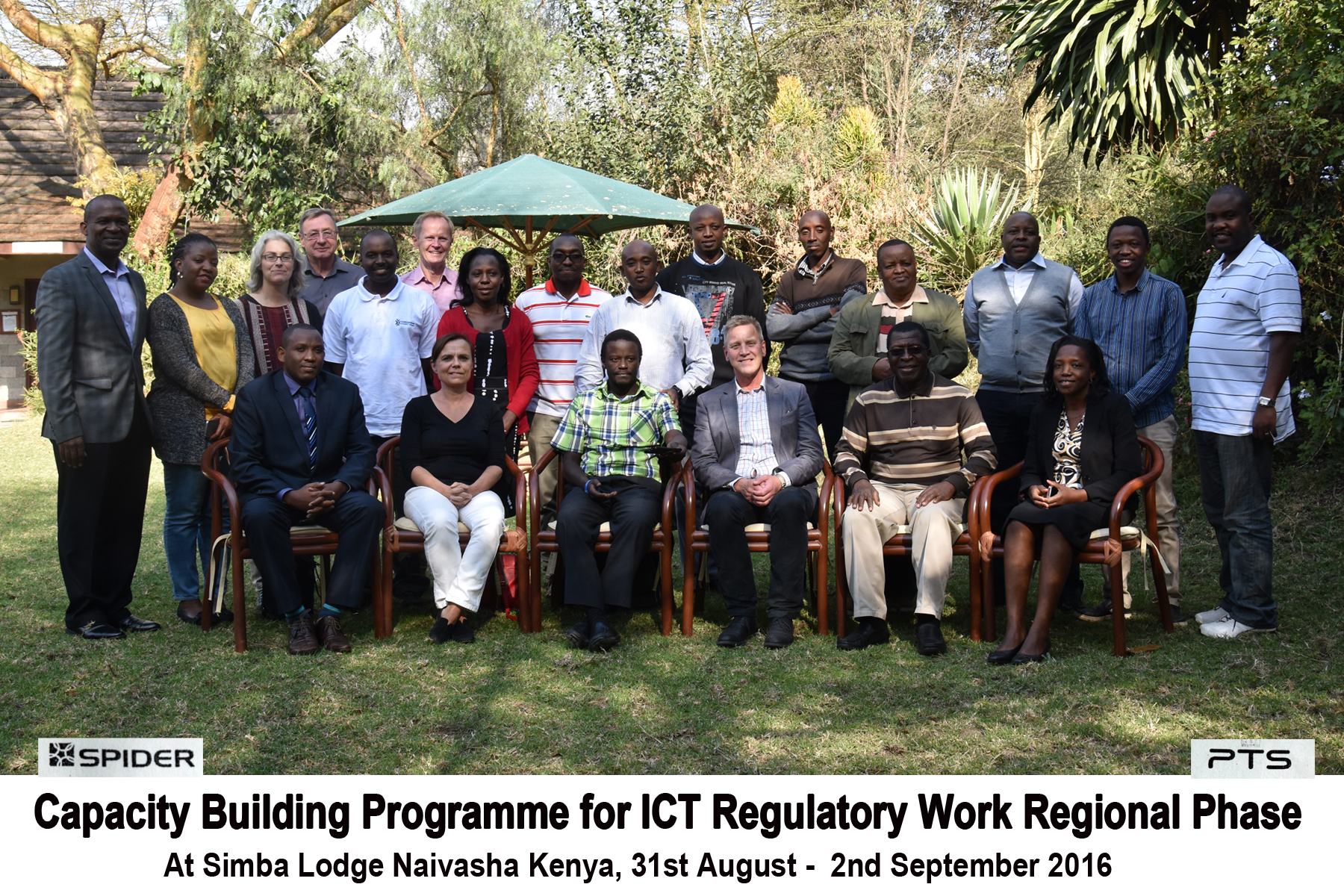
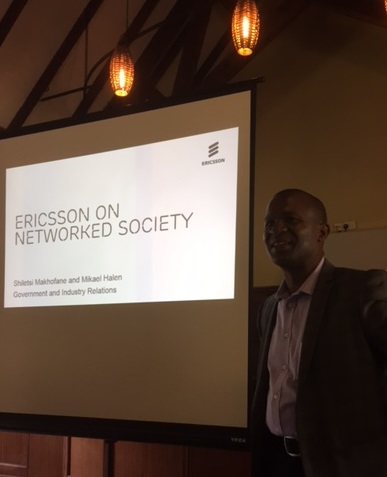
Regional phase
The regional phase of the pilot gathered participants in Kenya for follow-up on their change initiatives, lectures from guest experts and further coaching.
Since the training in Sweden in April, participants have been working on their change initiatives, with individual coaching sessions to help improving the implementation and management of their initiative. The progress was presented to the group, with following discussions. The change initiatives are the foundation for this programme and spans over several aspects of ICT regulation: from developing frameworks and guidelines for licensing or to ensure sound competition to exploring auctioning of Spectrum to developing various online resources.
Guest lectures providing new input and ideas
Ericsson’s Shiletsi Makhofane, Head of Government and Industry Relations, in Sub-Saharan Africa presented Regulatory trends and current issues in Sub-Saharan Africa. Experiences from Sweden was shared by Bo Andersson, Chief Economist at PTS, the Swedish Regulatory body. Michelle Bouchard from Swedish development cooperation agency Sida, provided insight into Sida’s work. Sida has funded this pilot round of the programme.
Spider representatives then continued to Uganda and Rwanda for additional follow-up, after participating in the Global Capacity Building Symposium organised by ITU in Nairobi.
Participants will continue the work on their change initiatives when returning from this gathering, using the input and insights gained during the sessions. Implementation of these initiatives is scheduled for the coming months until the end of 2016.
